A pregnancy that occurs when a person is 35 years or older is known as an advanced maternal age pregnancy. In the medical world, it’s also sometimes known as a " geriatric pregnancy ."
Though it's perfectly possible to have a healthy pregnancy and baby after your 35th birthday, there are some risks associated with giving birth at a later age.
INSIDER consulted with Dr. Kecia Gaither , MPH, FACOG, double board-certified physician in OB/GYN in maternal fetal medicine and director of perinatal services at NYC Health + Hospitals/Lincoln, about the potential risks of having a baby after your mid-thirties.
A person in their thirties is more likely to have pre-existing health conditions that might affect a pregnancy.
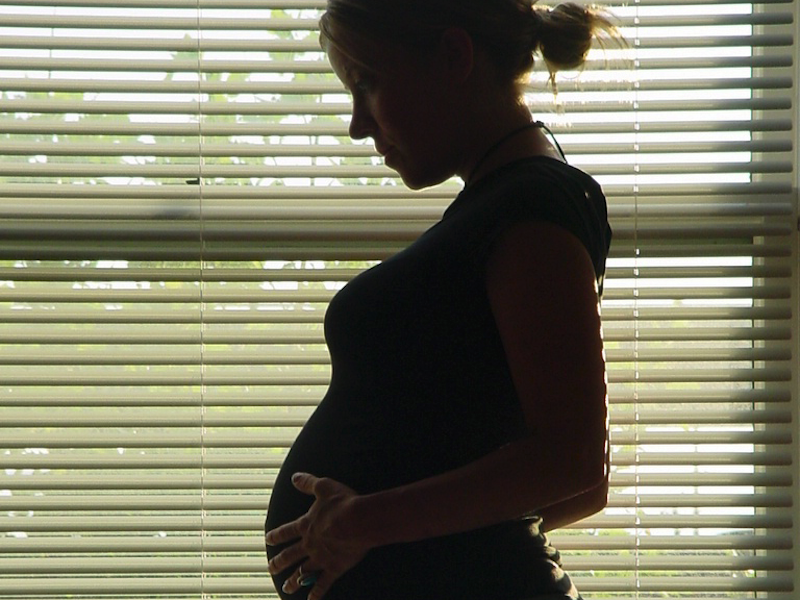
mahalie / Flickr, CC
Dr. Gaither advised that there are a number of risk factors associated with older age people which can compromise their health while pregnant. One of these is the fact that older people are more likely to have pre-existing medical issues at the time they become pregnant.
"Older women may have associated comorbid health conditions which can impact their pregnancies," Dr. Gaither told INSIDER.
Having pre-existing health problems such as diabetes, obesity, or high blood pressure might make carrying a baby to term more complicated.
Advanced maternal age can lead to low birth weight.
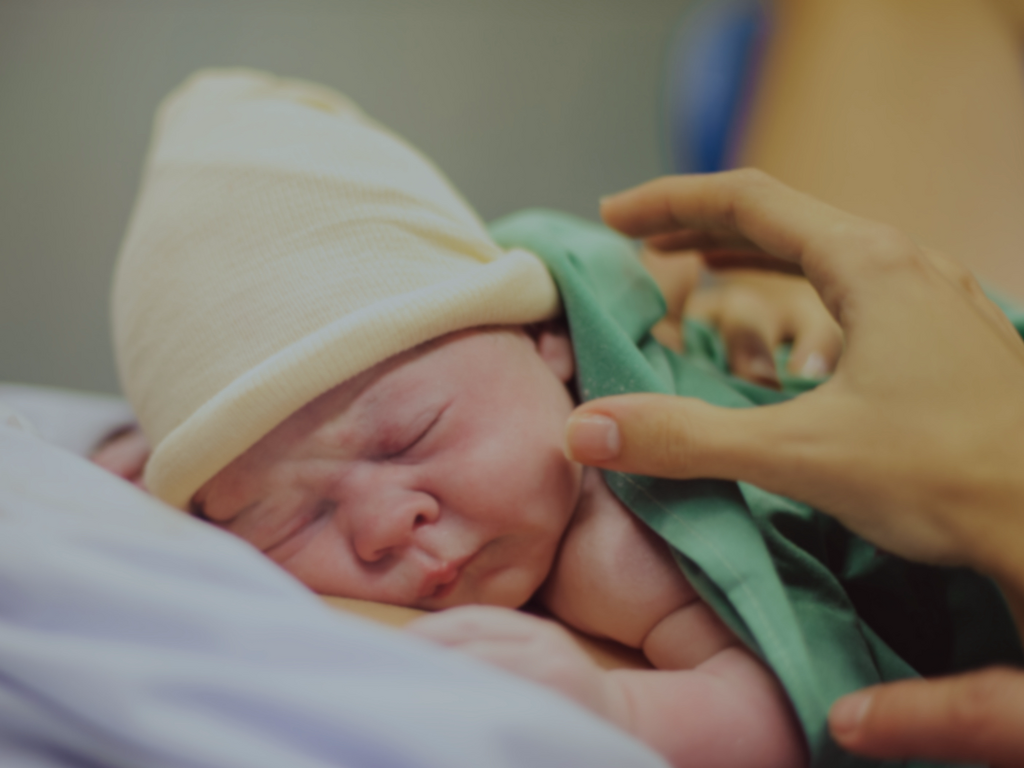
Shutterstock
Being pregnant in your mid-thirties and beyond may make your baby more likely to have a low weight at birth or be born prematurely.
"Low birth weight babies tend to be born to mothers at extremes of age… very young mothers or older mothers," said Dr. Gaither.
Premature birth can make infants more vulnerable to health problems after they are born and may mean a longer stay in the hospital for both the parent and child.
Older people are more likely to have babies with Downs syndrome.
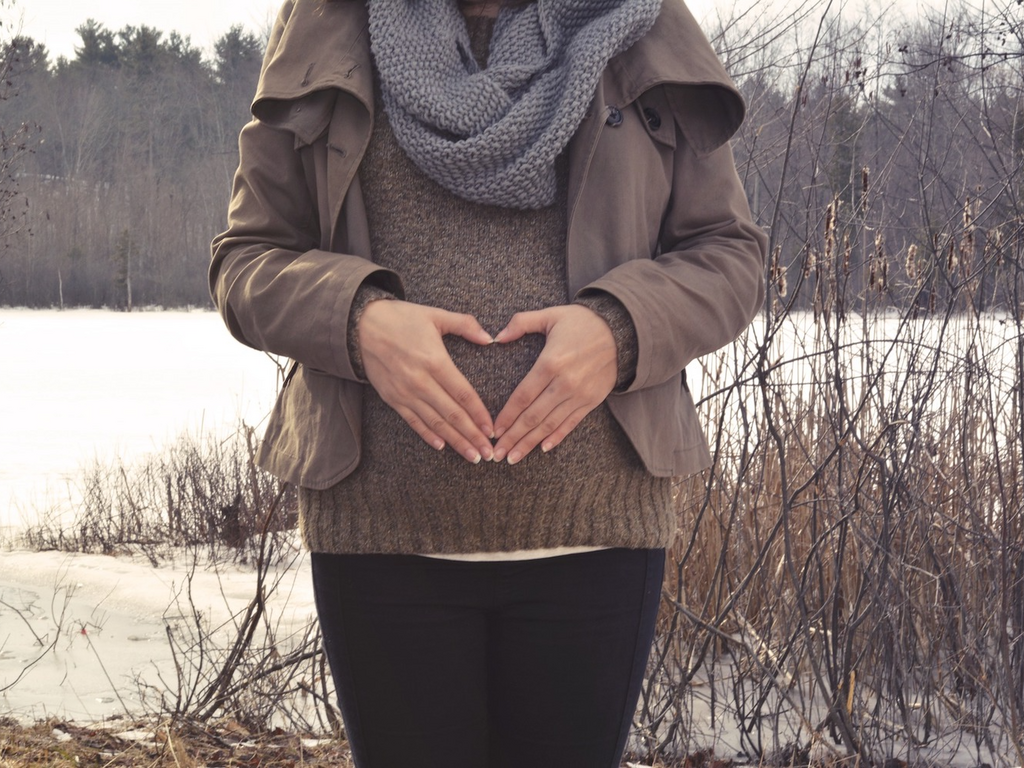
widephish/Pixabay
Research has shown that advanced maternal age is tied to an increased chance of having a child with a chromosomal condition, such as Down syndrome.
"As women age, there is a concordant increase in the risk of having babies with genetic abnormalities. Trisomy 21, or Down Syndrome, is a perfect example," explained Dr. Gaither.
Turner syndrome is another common chromosomal condition that affects females. Unlike Downs syndrome – where an individual is born with an extra chromosome – people with Turner syndrome are partly or completely missing an X chromosome. This can lead to reduced height and health problems.
Though some research suggests that advanced maternal age does increase the risk of Turner syndrome, other studies do not support a positive relationship between maternal age and the likelihood of the condition.
Due in part to the elevated risk of chromosomal problems, miscarriage rates among older parents are higher.
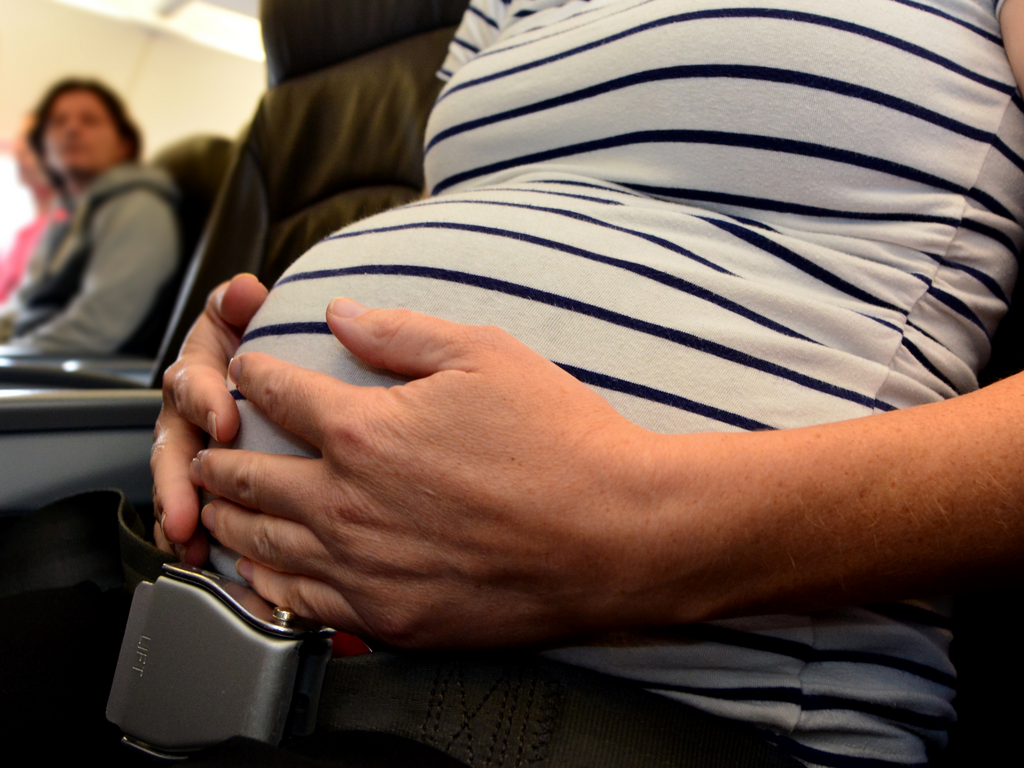
via Shutterstock
The presence of an abnormal number of chromosomes in a developing embryo may cause a person's body to spontaneously abort a pregnancy .
Dr. Gaither explained that because pregnancies in older age people are more likely to result in this kind of chromosomal abnormality, there is also a higher risk of miscarriage with later-in-life pregnancies.
Preeclampsia is more common amongst older parents.
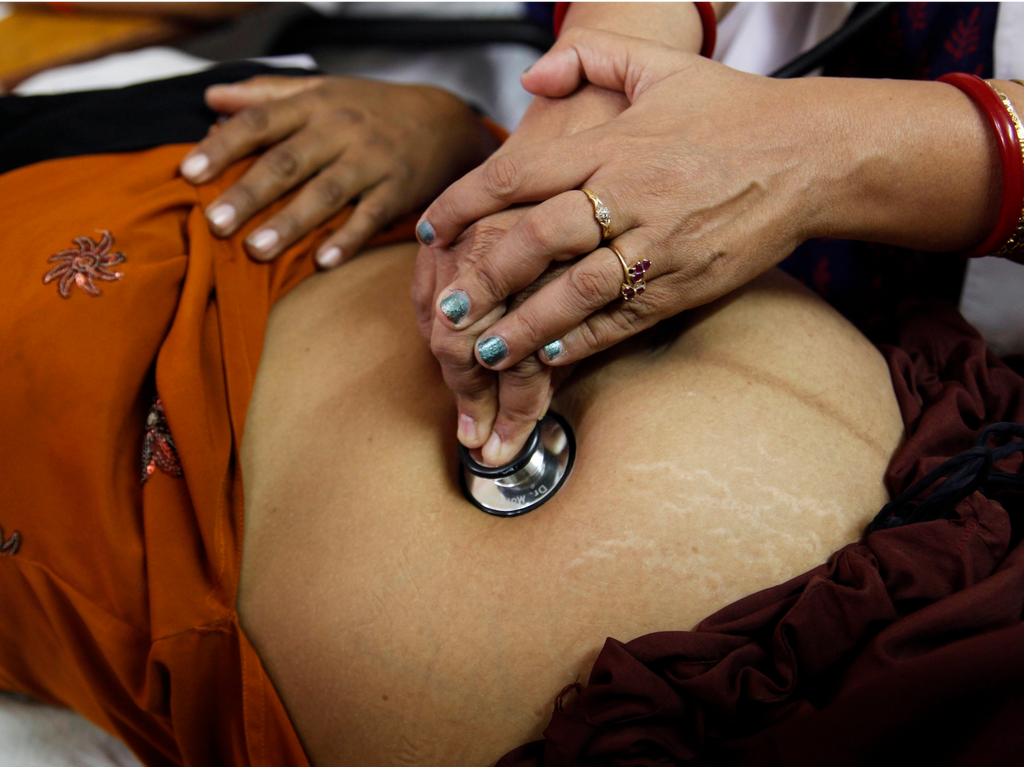
Rajesh Kumar Singh, File/AP
Preeclampsia is a high-blood pressure condition that pregnant people of all ages can develop, though it is more common among older people.
Dr. Gaither noted that high blood pressure and preeclampsia during pregnancy can lead to cardiac dysfunction and stroke. It can also cause growth restriction and death in unborn infants.
According to Mayo Clinic, having certain conditions before pregnancy, such as high blood pressure, migraines, or diabetes, can increase your risk of preeclampsia.
Theres an increased risk of complications during delivery.
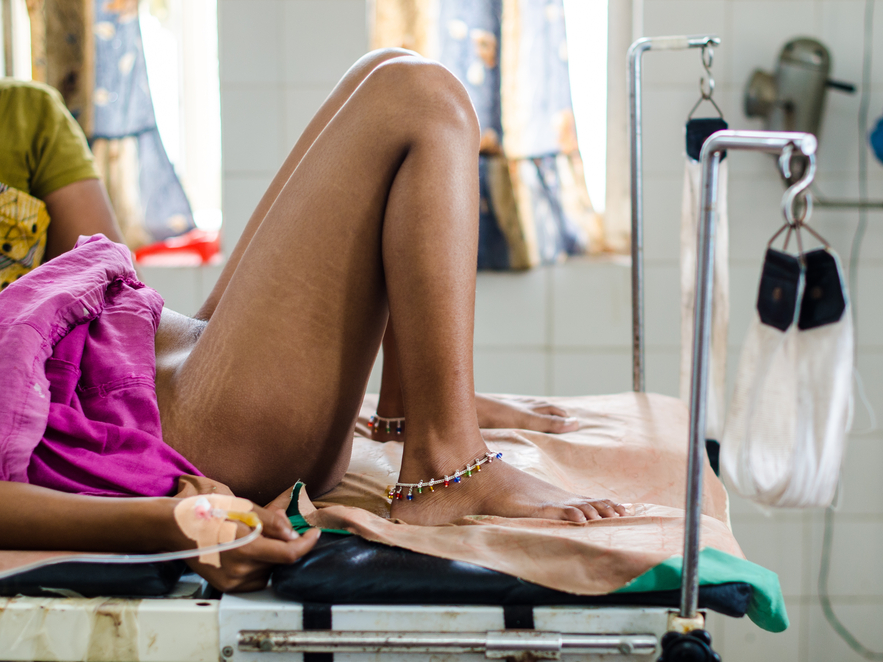
Neja Hrovat/Shutterstock
Older parents-to-be are more likely to experience complications during delivery. According to the National Health Service (NHS), these can include prolonged labor and the need for assisted delivery.
Unfortunately, people over the age of 35 also face an increased risk of stillbirth .
A person over the age of 35 is more likely to have a Caesarean section.
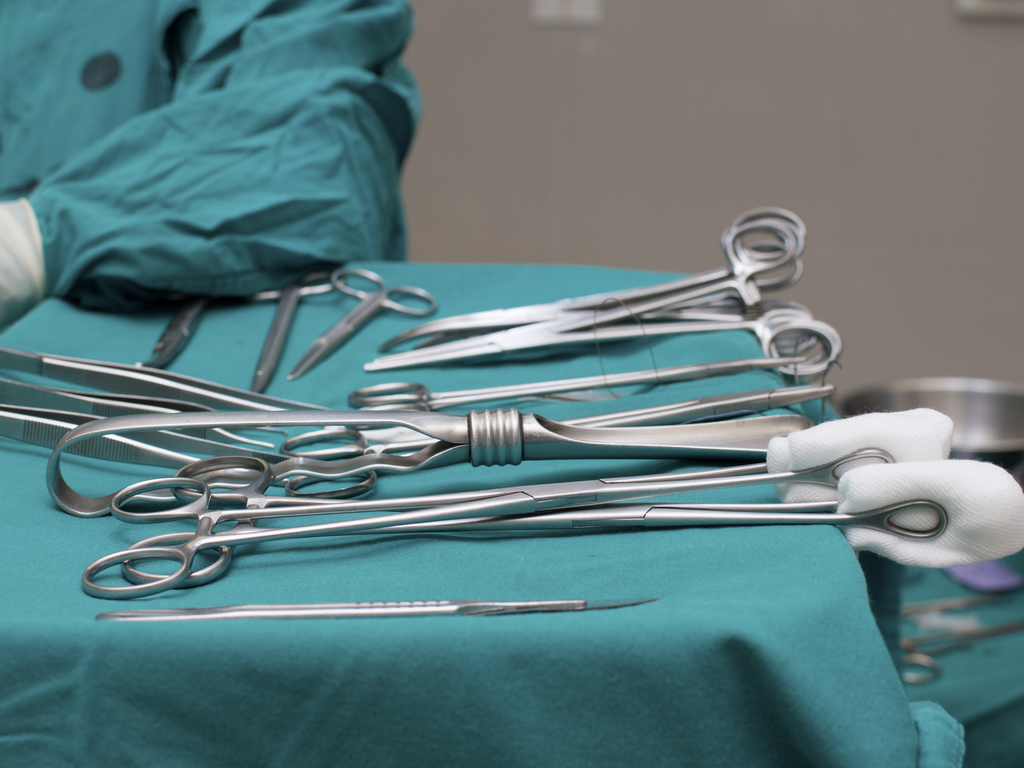
ARZTSAMUI/Shutterstock
If you're over 35, your chances of having a vaginal birth are lower than those of someone in their twenties.
According to the National Institutes of Health, older mothers with normal, full-term pregnancies are more likely to have a Caesarean delivery than younger mothers with comparable pregnancies.
Dr. Gaither stated that this is due in part to the increased likelihood that older people will develop other health issues during pregnancy, such as pre-eclampsia, that may make it unsafe to wait for a mother to delivery vaginally.
Older parents are more likely to have multiples.
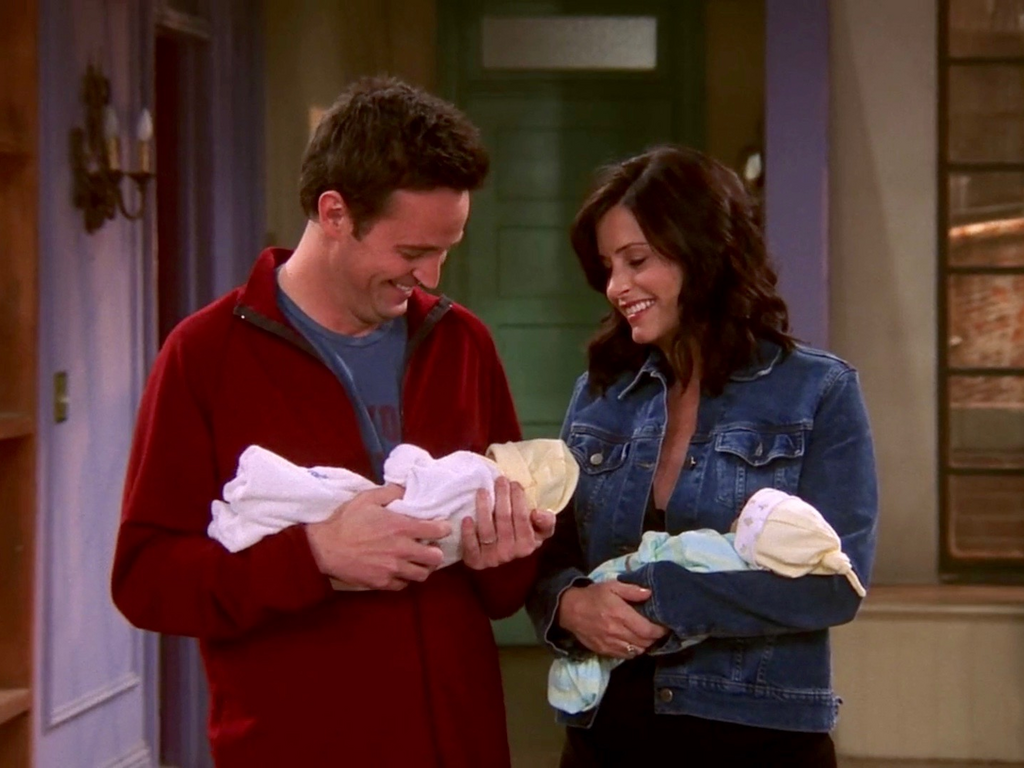
NBC
Dr. Gaither observed that in situations of advanced maternal age, "there is an increased incidence of having multiples- twins for example."
Though some people might welcome the prospect of an extra baby or two, Johns Hopkins Medicine warned that multiple pregnancies can often lead to complications during pregnancy and delivery.
Over 60% of all twins and nearly all triplets are born prematurely . There is also a greater chance of miscarriage, anemia, high blood pressure, and post-delivery bleeding. Additionally, twins and triplets are about twice as likely to experience congenital birth defects.
Visit INSIDER's homepage for more.

)
,fit(112:112))
,fit(112:112))
)
,fit(112:112))
,fit(112:112))